In a groundbreaking study published in PLOS Mental Health, researchers have discovered that ChatGPT may actually make a better therapist than humans.
The study, involving 830 participants, compared the effectiveness of AI-driven therapy versus human counseling in couples therapy scenarios. To everyone’s surprise, AI was rated higher in several key areas.
What the Study Found
Participants were randomly assigned either a trained human therapist or ChatGPT for therapy sessions, and the quality of their counseling was rated based on five criteria:
- Empathy
- Cultural sensitivity
- Fitting advice
- Effective communication
- Suggestions fitting a good therapist’s style
Interestingly, ChatGPT scored better than human therapists in most areas, with AI responses often being deemed more empathetic and culturally sensitive.
Even though participants could guess whether they were receiving therapy from an AI or a human about 56% of the time, the study found that AI-generated responses were rated higher when participants mistakenly thought they were from a human.
Why Did ChatGPT Perform Better?
The study suggests that one key reason for ChatGPT’s success lies in its verbose speech patterns, which are more context-rich compared to the typically terse responses from human therapists.
ChatGPT’s use of nouns and adjectives helped provide more context and clarity in its responses, leading to higher ratings in areas like connection and empathy.
The Risks of AI in Therapy
Despite these promising results, experts warn about the potential risks of using AI for unsupervised therapy. OpenAI recently adjusted its guidelines for ChatGPT to ensure more responsible handling of sensitive topics like self-harm.
Given the unpredictability of AI’s responses, researchers caution that relying on AI in real-life scenarios could have unforeseen consequences.
ChatGPT Already Helping People
Even without formal approval for therapy, many people have turned to ChatGPT for emotional support. Some users, like content creator Taylor Mazza, report forming real emotional connections with the AI, relying on it for guidance during tough situations.
TherapistAI, a commercial AI therapy service launched by Pieter Levels in 2024, also tapped into this demand, offering users low-cost access to AI-driven therapy.
While TherapistAI shut down quickly, ChatGPT’s growing influence in mental health care continues to spark interest. As this study suggests, AI’s role in therapy could soon be more mainstream, especially as more people seek affordable and accessible mental health support.
The study raises important questions about the future of therapy—could AI eventually become the go-to option for people seeking guidance? Only time will tell, but it’s clear that AI’s potential in mental health care is far from being fully realized.


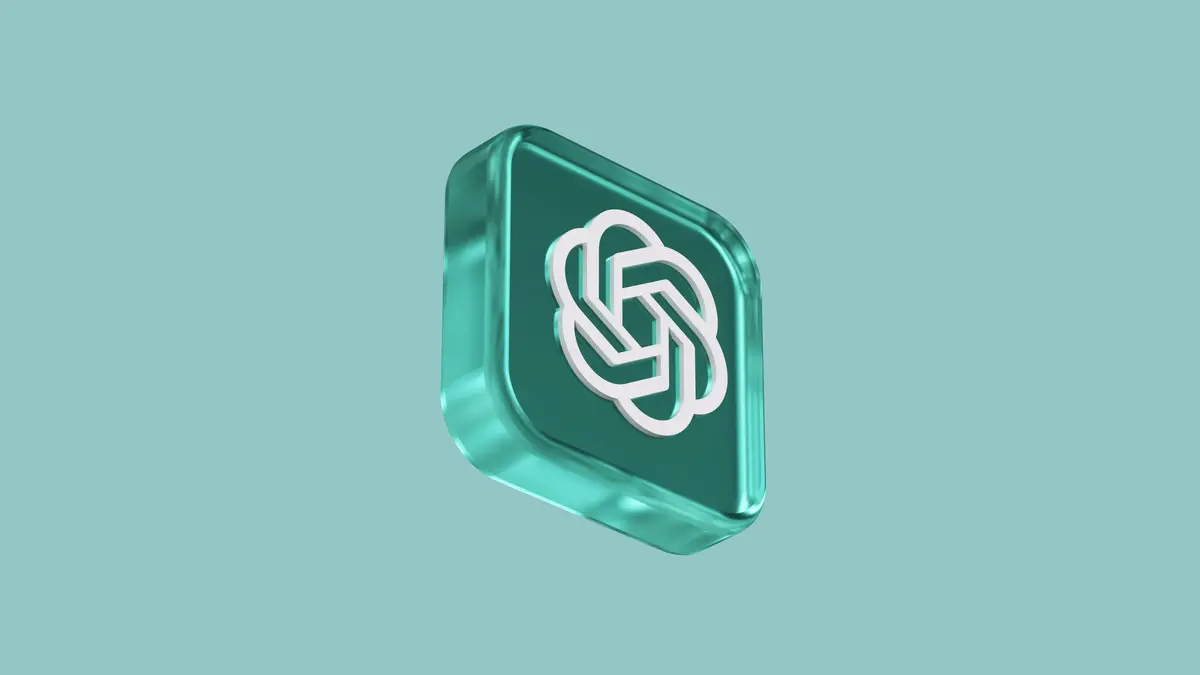



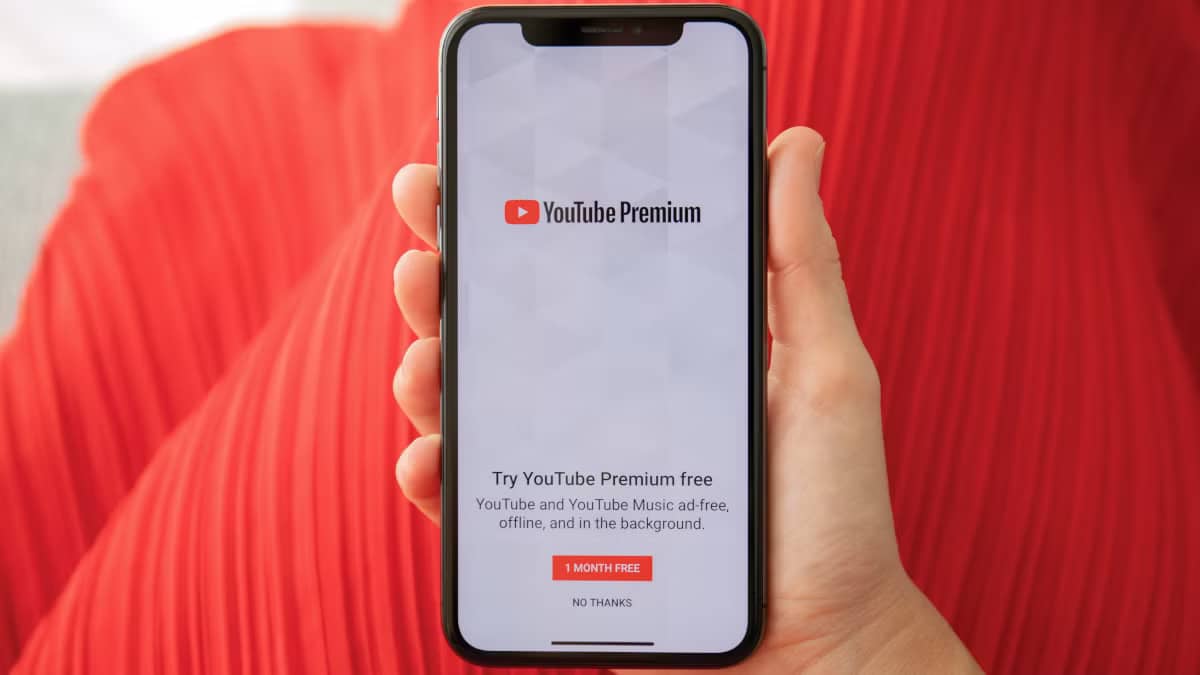
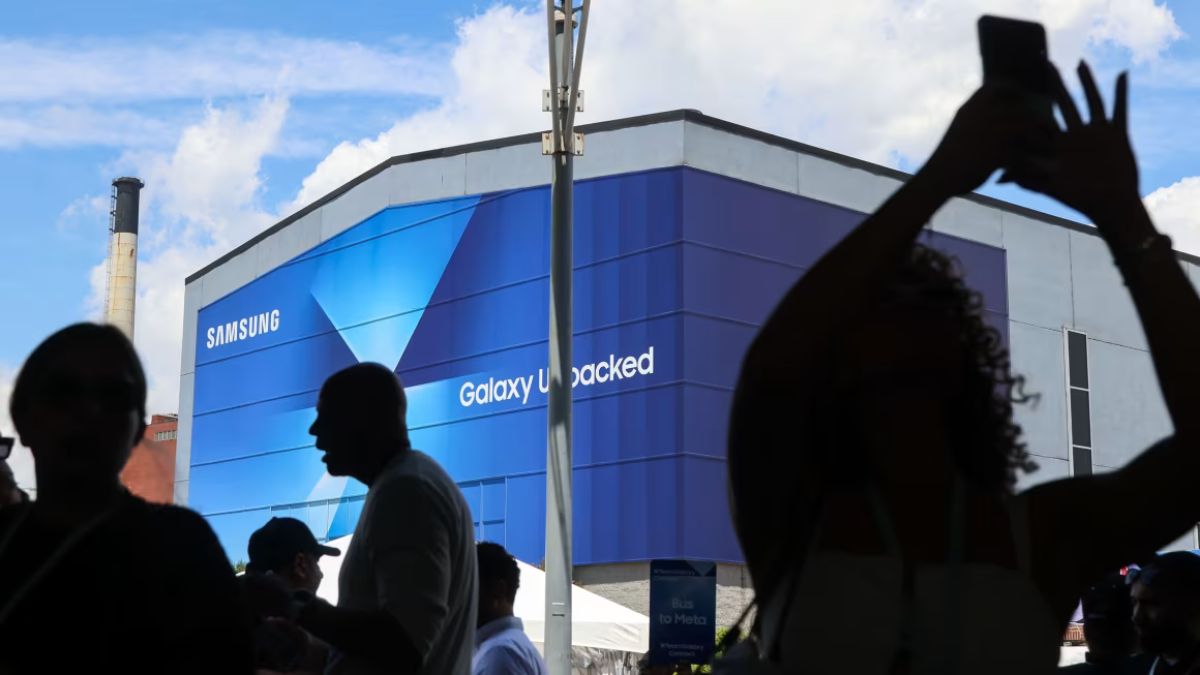
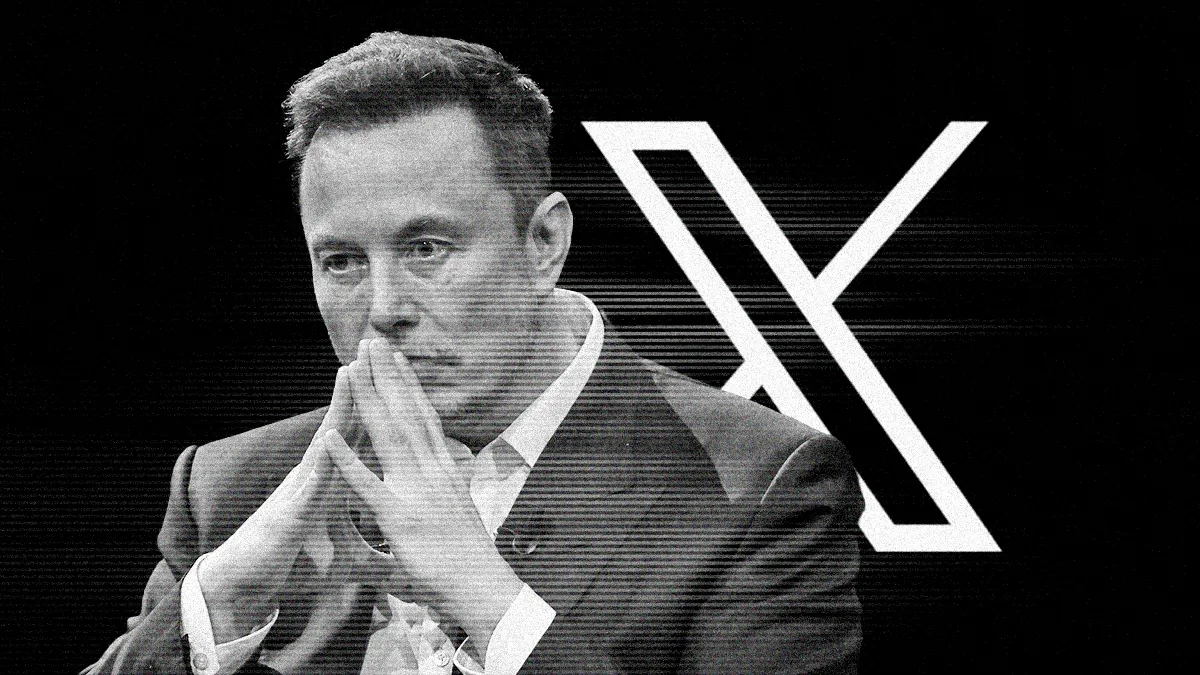

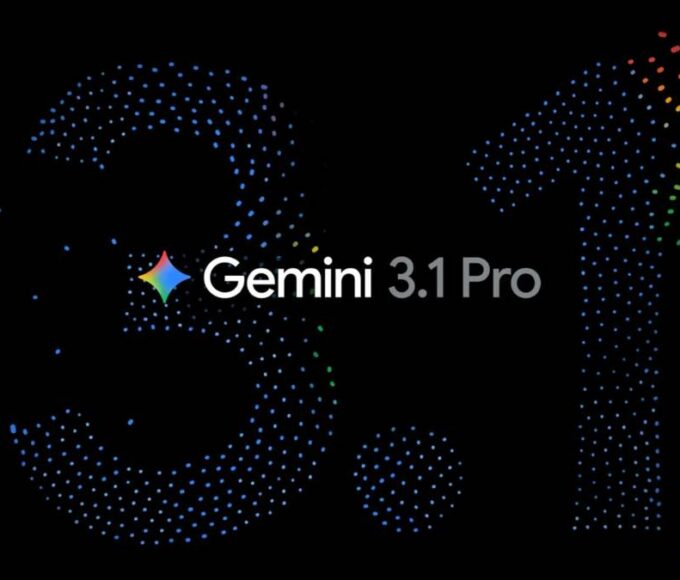
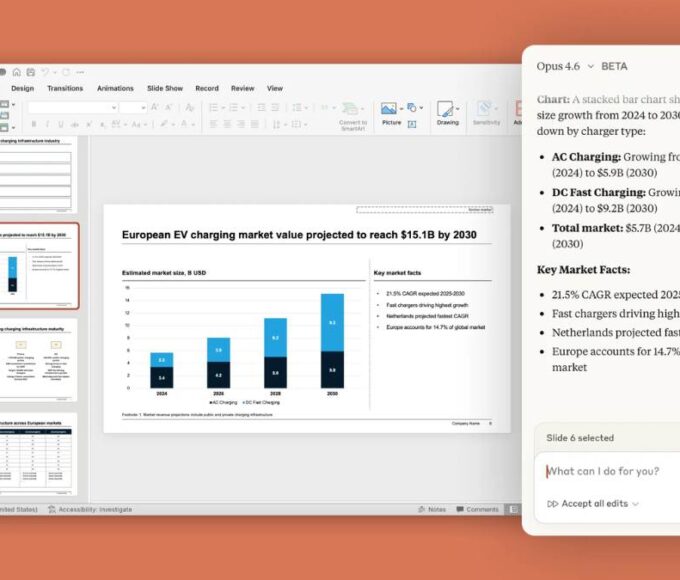
Leave a comment